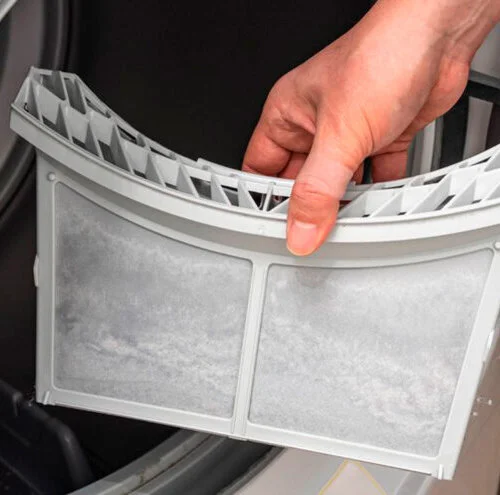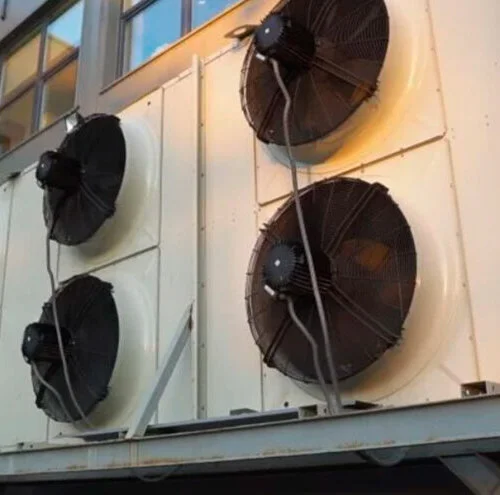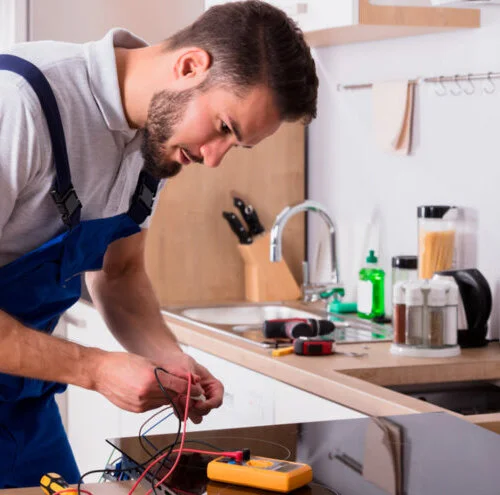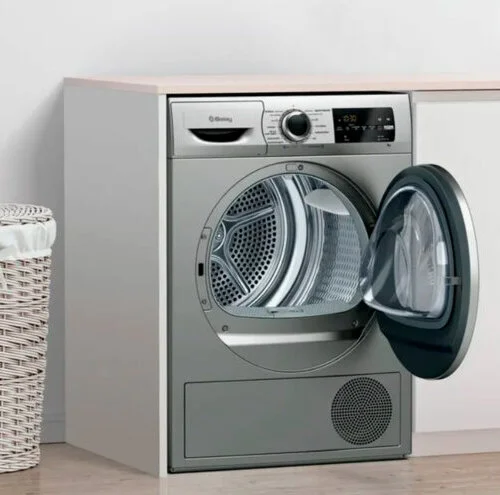5 Signs Your HVAC System Needs Immediate Repair

Many household appliances fail too soon—not because of manufacturer defects, but due to one common mistake homeowners make. Ignoring basic maintenance can significantly shorten the lifespan of your refrigerator, washing machine, air conditioner, and more. In this article, we’ll break down the biggest mistake people make and how you can easily prevent it.
The #1 Mistake: Neglecting Routine Maintenance
One of the most common reasons appliances break down prematurely is a simple yet costly oversight: neglecting routine maintenance. Homeowners often assume that modern appliances are built to last without intervention, but this couldn’t be further from the truth. Just like cars require regular oil changes and inspections to function efficiently, home appliances need periodic maintenance to prevent breakdowns, extend their lifespan, and maintain energy efficiency.
Why Routine Maintenance is Essential
Appliances are complex systems with various components that work together to deliver performance. Over time, dust, dirt, and grime accumulate in crucial areas, leading to overheating, inefficiencies, and mechanical failure. Here are some of the most common maintenance mistakes that homeowners make:
- Neglecting Refrigerator Coil Cleaning – Refrigerator coils are responsible for dissipating heat. When covered in dust and debris, they force the compressor to work harder, consuming more energy and increasing wear and tear. This can shorten the refrigerator’s lifespan by years and lead to expensive repairs or premature replacements.
- Ignoring HVAC Filter Replacements – Clogged HVAC filters reduce airflow, forcing the system to work harder. This not only results in higher energy bills but also causes excessive strain on the blower motor, leading to early system failures. A simple monthly filter replacement can enhance efficiency and prevent costly repairs.
- Overlooking Washing Machine Hose Inspections – Many homeowners don’t realize that washing machine hoses deteriorate over time. Cracks and weak spots can lead to leaks or even flooding, causing extensive damage to floors and surrounding areas. Checking and replacing hoses periodically can prevent major issues.
- Skipping Dryer Vent Cleaning – Lint buildup in dryer vents restricts airflow, making the dryer work harder and longer to dry clothes. More importantly, clogged vents are a major fire hazard, contributing to thousands of house fires annually. Cleaning dryer vents at least once a year can improve safety and efficiency.
The Financial Impact of Poor Maintenance
Many people don’t realize how much money they waste by not maintaining their appliances. Energy inefficiency, breakdowns, and premature replacements can add up quickly. According to the U.S. Department of Energy:
- A refrigerator with dirty coils can consume up to 25% more energy than a well-maintained one.
- HVAC systems with clogged filters can increase energy costs by 15% or more.
- A dryer with a clogged vent can require 30 extra minutes per load, leading to higher energy bills and reduced lifespan.
Routine maintenance doesn’t just prevent breakdowns—it saves homeowners hundreds, if not thousands, of dollars over time.
A Real Example: How a Simple Fix Could Have Saved $800
A homeowner in Brooklyn, NY recently called a repair technician because their refrigerator wasn’t cooling properly. The issue? The condenser coils were completely covered in dust. While cleaning the coils would have been an easy $5 fix with a brush, the neglect had already caused the compressor to overheat and fail. The result? A costly $800 replacement that could have been avoided with just a few minutes of routine maintenance.
How to Implement a Maintenance Routine
The good news is that appliance maintenance doesn’t require hours of work. With just 10–15 minutes every few months, you can prevent most major issues. Here’s a simple maintenance checklist:
- Refrigerator: Clean the condenser coils every six months.
- HVAC System: Replace air filters monthly and schedule professional servicing yearly.
- Washing Machine: Inspect hoses annually and clean the detergent drawer regularly.
- Dryer: Clean the lint trap after every load and deep-clean the vent at least once a year.
- Dishwasher: Run a vinegar rinse cycle monthly to prevent clogs and mineral buildup.
- Oven: Check and replace door seals if they appear loose or worn.
By following these simple steps, homeowners can significantly extend the lifespan of their appliances, reduce repair costs, and maintain optimal energy efficiency.
Conclusion
Neglecting routine maintenance is the #1 mistake that shortens an appliance’s lifespan. Homeowners who assume their appliances will function without upkeep often face expensive repairs and premature replacements. However, with a small time investment and consistent upkeep, you can protect your investment, save money, and keep your appliances running smoothly for years to come. Don’t wait for a costly breakdown—start your maintenance routine today!

Case Study: How a $5 Fix Could Have Saved $800
Routine maintenance is often underestimated—until it’s too late. Many homeowners only react when an appliance breaks down, unaware that a simple preventive measure could have saved them hundreds of dollars. Let’s look at a real-life example of how a $5 cleaning brush could have prevented an $800 compressor failure in a Samsung refrigerator.
The Costly Consequences of Neglect
A homeowner in Brooklyn, NY, contacted a repair service because their refrigerator wasn’t cooling properly. The issue had been building up for months: food was spoiling faster, and the fridge motor seemed to be running constantly. At first, they thought the problem might be with the thermostat or refrigerant levels. However, when the technician arrived, the diagnosis was much simpler—and completely avoidable.
The culprit? Dirty condenser coils
Refrigerators rely on condenser coils to release heat. When these coils are clogged with dust and grime, the compressor has to work overtime to keep the fridge cool. This extra strain leads to overheating, inefficiency, and, eventually, mechanical failure.
What Could Have Been Done?
The technician explained that if the homeowner had cleaned the coils twice a year, the refrigerator would have continued working efficiently. The process of cleaning is incredibly simple:





















